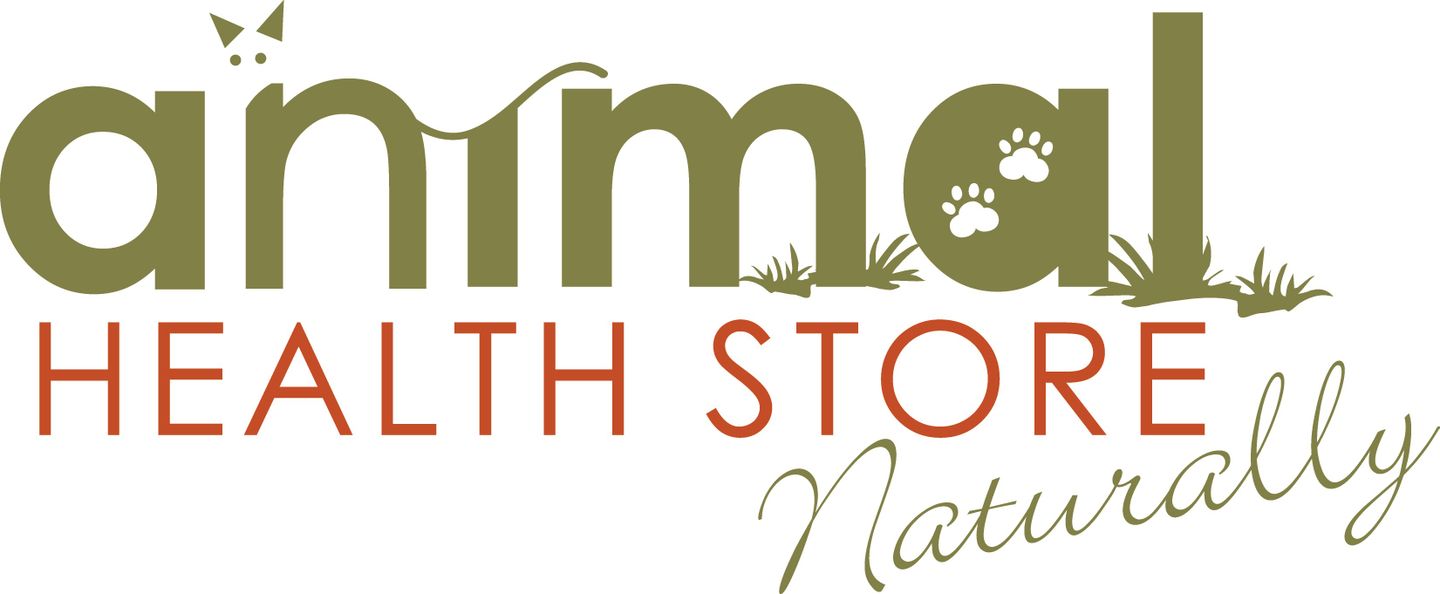The Benefits of Protexin
International Animal Health Products
THE AUSTRALIAN COMPANY PROTEXIN® AND THE IMMUNE RESPONSE
Dr. James Chin Principal Research Scientist Immunology & Molecular Diagnostics Research Unit New South Wales Department of Primary Industries
Protexin is a multistrain probiotic containing a blend of seven different microbial organisms including Lactobacillus bulgaricus, L. acidophilus, L. plantarum, L. rhamnosus, Streptococcus thermophilus, Bifidobacterium bifidum and Enterococcus faecium.
The live microbes in Protexin can stimulate receptors on the lumen face of epithelial cells that line the gastrointestinal tract. These recently discovered receptors (referred to as TOLL receptors) represent a unique way in which the inside of an animal can sense the presence of live pathogenic and immunostimulatory bacteria. Probiotic bacteria can stimulate the immune system without causing any ill effects, unlike pathogenic microbes that can secrete toxins, invade epithelial cells and cause symptoms such as diarrhoea.
Protexin has been used in a variety of situations for both household pets as well as intensively farmed animals. Its use in stress reduction during the induction of cattle to feedlots is well documented. Protexin feeding provides an additional benefit in that animals given this probiotic generally display a higher level of cellular immunity. Cellular immune responses involve the activity of T cells that play a vital role in defence against most viral and some bacterial infections. In a recent trial at a cattle feedlot, Protexin was administered in the daily ration of 10 animals in conjunction with an equal number of negative controls that were not fed with the probiotic complex. All animals were vaccinated subcutaneously with a test antigen — ovalbumin adjuvanted with Emulsigen. Cellular immune responses were determined by isolating blood leukocytes (white blood cells) and subjecting these to stimulation with a mitogen - phytohaemagglutinin (PHA). This is a plant glycoprotein that is used routinely in clinical medicine to assess the activation of T cells. The T cells previously activated by probiotics will be more responsive to mitogen than T cells from unsupplemented animals. Following vaccination, a significantly increased response of leukocytes from Protexin-fed cattle was noted compared to controls (Figure 1).Similar trials have also been conducted with newborn piglets and mice. Results with piglets showed a notable trend towards a higher cellular immune response in Protexin-supplemented piglets compared to non-probiotic treated controls. Figure 2 shows that the Protexin treated piglets had a higher antibody response to vaccination, consistent with the activation of CD4 (antibody-activating) T cells with antibody helper activity.
Alternately, Protexin has been used to significantly improve the passive transfer of immunity to newborn animals via the colostrum. For example, Figure 3 show the results obtained at a thoroughbred horse stud where Protexin was administered to the pregnant mares.
These trials indicate that Protexin supplementation is of benefit because the cellular immune response was enhanced. The results from a number of studies carried out with Protexin support their continued use in other species such as horses and domestic animals. This will result in better resistance to diseases, especially viral diseases, as well as enhancing the animal's capacity to respond to vaccinations.


